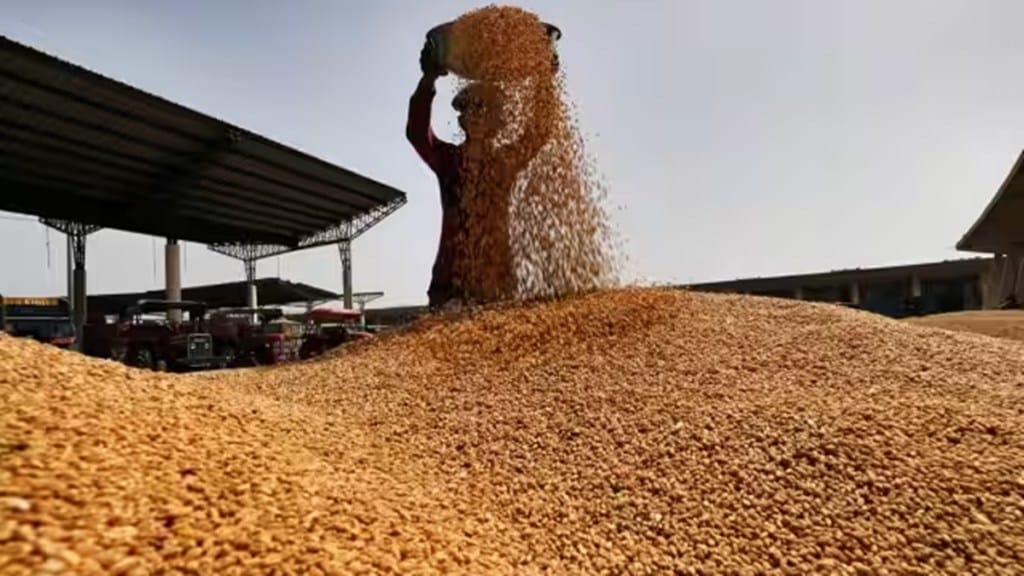To prevent rise in wheat prices, the government is likely to sell more grain under open market from the Food Corporation of India (FCI)’s stocks, Sanjeev Chopra on Monday allaying fears about the shortage of grains in the country.
“There’s no shortage of wheat in the country and all options are open before the government to control prices,” Chopra said at the sidelines of a flour millers’ meet.
Currently FCI is selling 0.2 million tonne (MT) of wheat in the open market weekly from its stocks which is likely to be increased to control prices. So far since the open market sale of wheat was initiated in June, the corporation has sold 1.8 MT of grain to bulk buyers through weekly electronic auctions.
“We have around 8.7 MT of wheat available with FCI for carrying out market intervention initiatives till end of the current fiscal and we will do that in a calibrated manner,” Chopra said.
In the beginning of the month, FCI had 26 MT of wheat against the buffer of 20.52 MT for October 1.
However, Chopra said there has been ‘some bit of a mismatch’ between the wheat production estimates for 2022-23 crop year (July-June) by the agriculture ministry and trade.
“We (agriculture ministry) are reporting 112-113 MT of wheat production while the trade is reporting 103 MT. So, 10 MT is a lot of divergence,” he said. The agriculture ministry has estimated wheat production at 112.74 MT in the 2022-23 crop year.
“To ensure that this kind of disparity is kept to the bare minimum, the triangulation is going to happen,” he said. In the next one to two years production estimates would reflect more ground level figures.
In August, to contain the rise in cereal prices, the government had announced the sale of 5 MT of wheat. Earlier Chopra had stated that the government is considering several measures including cutting import duty on the wheat.
In terms of prices, Chopra said that while the government monitors price movement, average retail wheat prices have been stable around Rs 30/kg.
In April 2019, India raised the duty to 40% from 30% as domestic prices had dropped, to discourage cheaper wheat imports.
In the last couple of months, the government has announced a series of measures including ban on the white rice exports, initiating open market sale of wheat and rice from central pool and imposition of stock holding limits on a measure last initiated in 2008.
